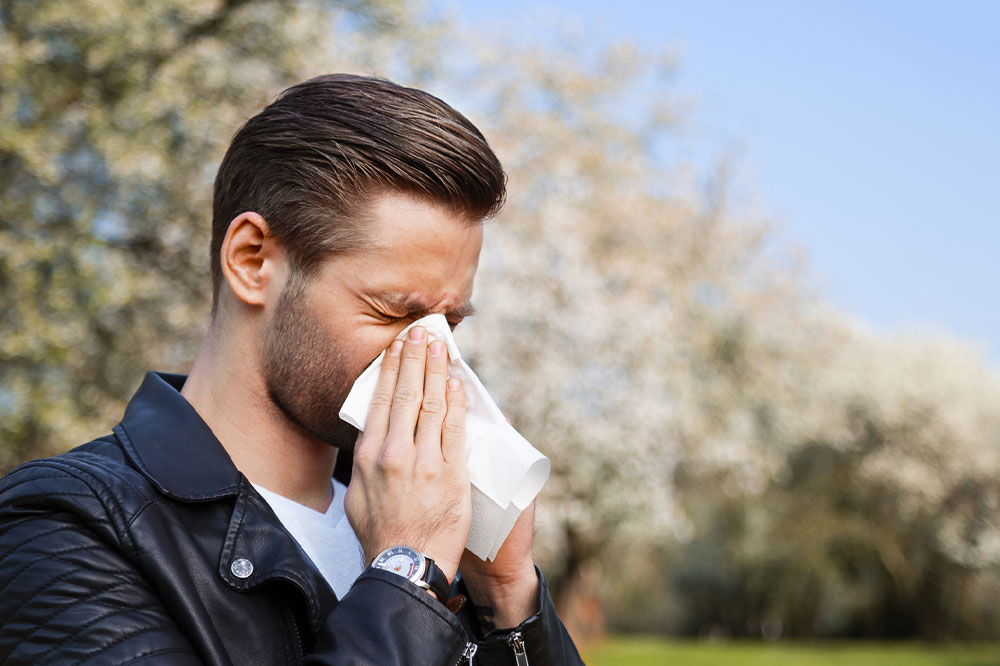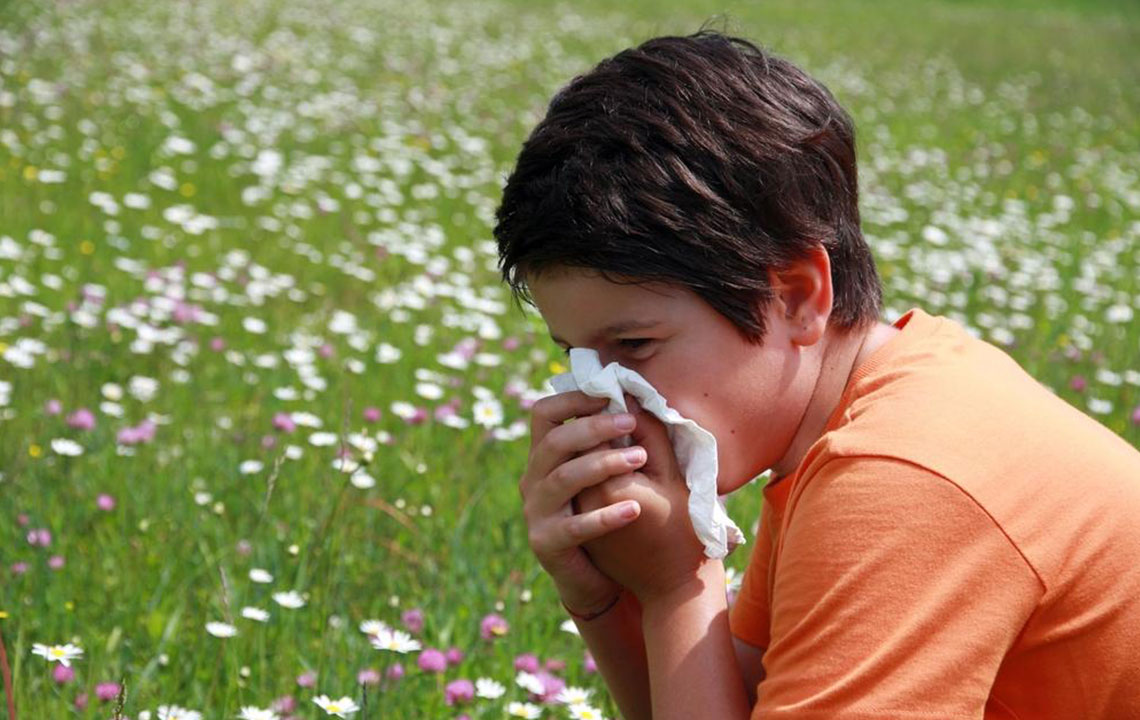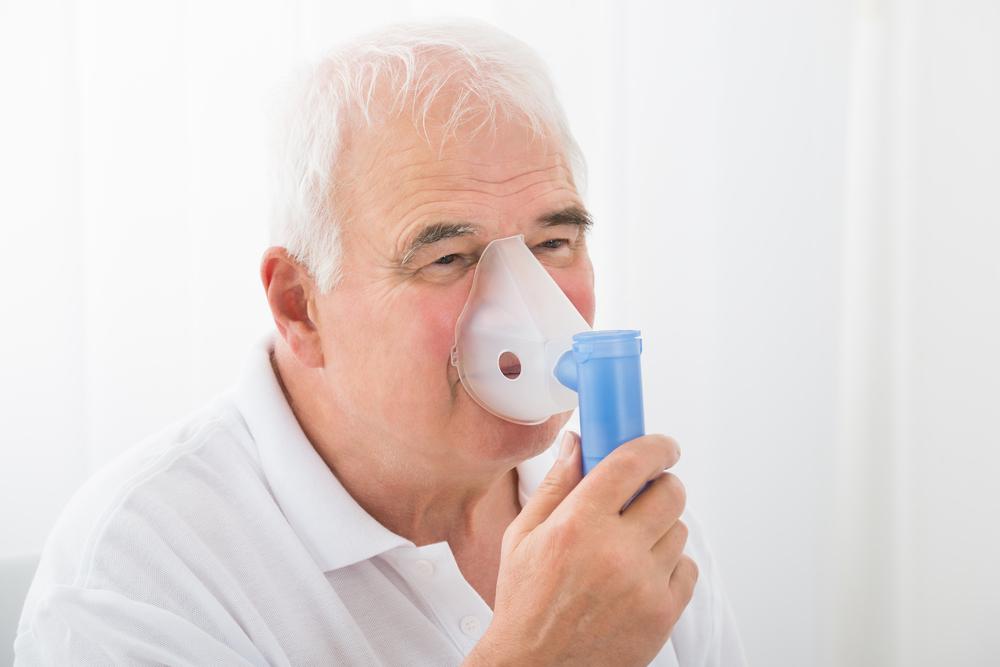Top 5 U.S. Cities Ideal for Allergy Sufferers to Live Comfortably and Healthily
Discover the top five U.S. cities ideal for allergy sufferers seeking relief from airborne allergens. These locations offer favorable climates, low pollen levels, and access to quality healthcare, helping residents manage symptoms and enjoy a healthier lifestyle. Whether you prefer the moist, rainy climate of Seattle or the arid expanses of Phoenix, find out which city suits your allergy needs best and improves overall respiratory health for long-term comfort.

Best U.S. Cities for Managing Seasonal Allergies and Improving Quality of Life
Seasonal allergies affect millions across the United States, causing discomfort and impacting daily living. Approximately 50 million Americans suffer from airborne allergens such as pollen, mold, and other environmental irritants, which can significantly reduce quality of life if not managed properly. For allergy sufferers seeking environments with fewer triggers, selecting the right city can make a monumental difference. Based on comprehensive air quality data, pollen counts, climate factors, and healthcare resources, we identify the top five U.S. cities that offer the best conditions for managing allergies and promoting overall respiratory health.
Seattle, Washington: The Climate Advantage for Allergy Sufferers
Seattle stands out as one of the most allergy-friendly cities in the U.S., primarily due to its unique climate. The region's cooler and consistently moist environment results in a significant reduction in pollen dispersion, which is a primary allergen for many individuals. The frequent rainfall during the fall and winter months effectively suppresses airborne pollen levels, leading to cleaner air quality. This consistent moisture curtails the growth and spread of seasonal allergens, providing much-needed relief to allergy sufferers. Additionally, Seattle’s urban greenery is carefully managed, further reducing potential triggers. For individuals looking to avoid the worst allergy seasons, Seattle offers a natural shield against pollen and airborne irritants, making it a highly recommended location for allergy management.
San Jose, California: Balancing Temperatures and Pollen Control
San Jose experiences its peak allergy seasons in April and May when warming temperatures accelerate pollen release from local flora. The city’s Mediterranean climate, characterized by mild temperatures averaging around 15°C, helps moderate pollen production, thus reducing allergen levels. September also sometimes sees increased pollen due to wind currents and climate shifts; however, overall, San Jose benefits from generally stable air quality and manageable pollution levels. The city's strategic urban planning and plant choices contribute to lower allergen presence, making it a suitable home for allergy sufferers. Those seeking relief from seasonal symptoms can enjoy San Jose’s moderate climate and relatively low allergen exposure, facilitating a healthier living environment.
San Francisco, California: A Coastal Climate with Low Allergy Risks
San Francisco boasts consistently high rankings for low allergy severity, owing primarily to its cool, foggy coastal climate. Although tree pollens from species like willow, oak, and maple do increase during the summer, the city’s steady sea breezes and temperature fluctuations help disperse potential allergens. This natural airflow minimizes accumulations of airborne pollen, providing respite during peak seasons. San Francisco also benefits from strict environmental regulations that help maintain air quality and reduce other pollutants that can exacerbate allergy symptoms. For individuals managing seasonal allergies, San Francisco remains an attractive location—its climate and air quality contribute significantly to fewer allergy triggers.
Denver, Colorado: Four Seasons as a Comfort for Allergy Management
Denver’s distinct four-season climate offers a strategic advantage for allergy management. The peak allergy season extends from April through September when pollen counts are at their highest, but the rest of the year features dry, cool weather that limits pollen growth. The city’s arid climate and high altitude contribute to lower overall pollen levels outside of the main allergy windows. Denver also provides access to specialized healthcare services, including allergy clinics and medical experts familiar with local environmental triggers. Its short allergy seasons combined with comprehensive medical support make Denver an ideal location for long-term allergy relief and overall respiratory health management.
Phoenix, Arizona: An Arid Oasis for Allergy Relief
Phoenix is among the top destinations for allergy sufferers seeking relief, thanks to its predominantly arid, desert climate. Its low grass pollen and minimal tree pollen outside the primary season ensure fewer airborne allergens. The consistent warmth and dry air contribute to a reduced presence of pollen and mold, making it easier for individuals with allergies to breathe comfortably. Additionally, the region's open spaces and limited vegetation that produces allergenic pollen contribute to maintaining low allergen levels. For those with pollen sensitivities, Phoenix offers a practical, year-round option for better respiratory health, though individual medical consultation remains essential for personalized allergy management.
While these cities provide naturally better environments for allergy management, individual health needs vary. It is important for allergy sufferers to consult healthcare professionals to develop personalized strategies for minimizing symptoms effectively. Factors like specific allergens, existing health conditions, and lifestyle preferences should guide the decision on the most suitable living environment. Choosing a city with favorable climate and air quality conditions can dramatically improve quality of life for allergy sufferers, enabling them to enjoy outdoor activities and maintain daily routines without constant allergy disruptions.





